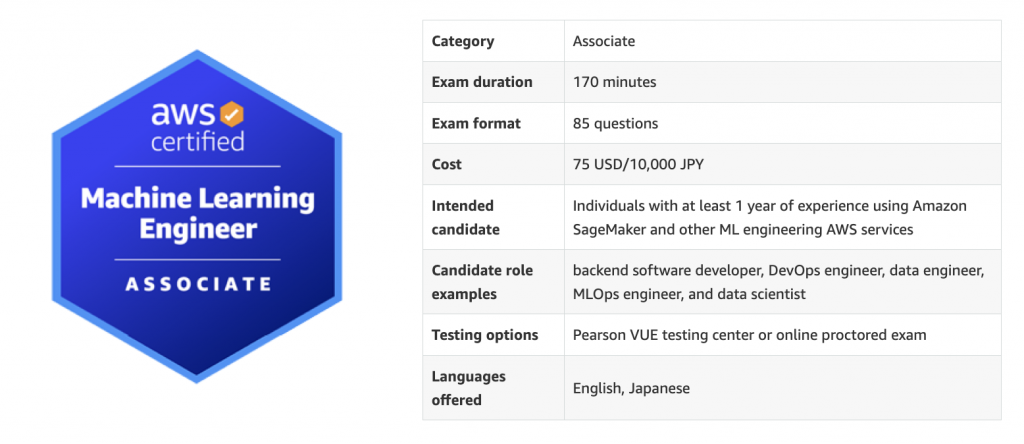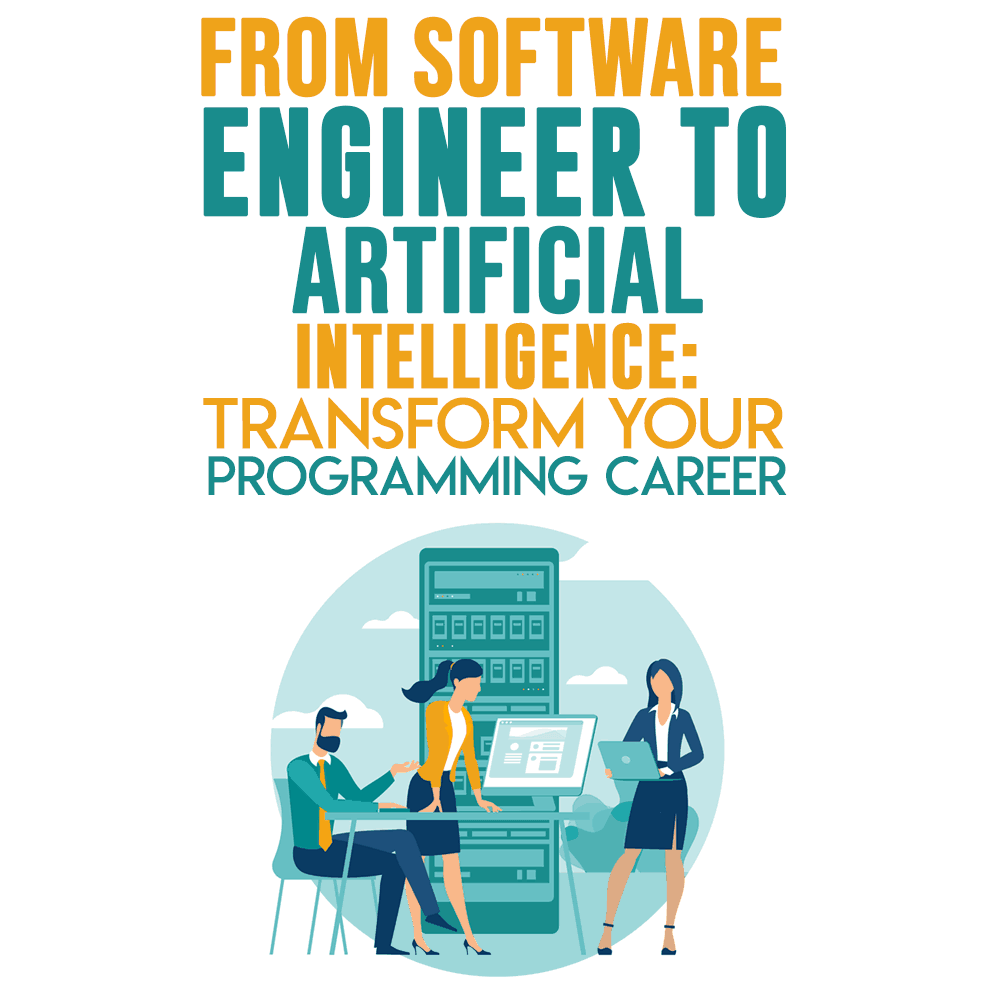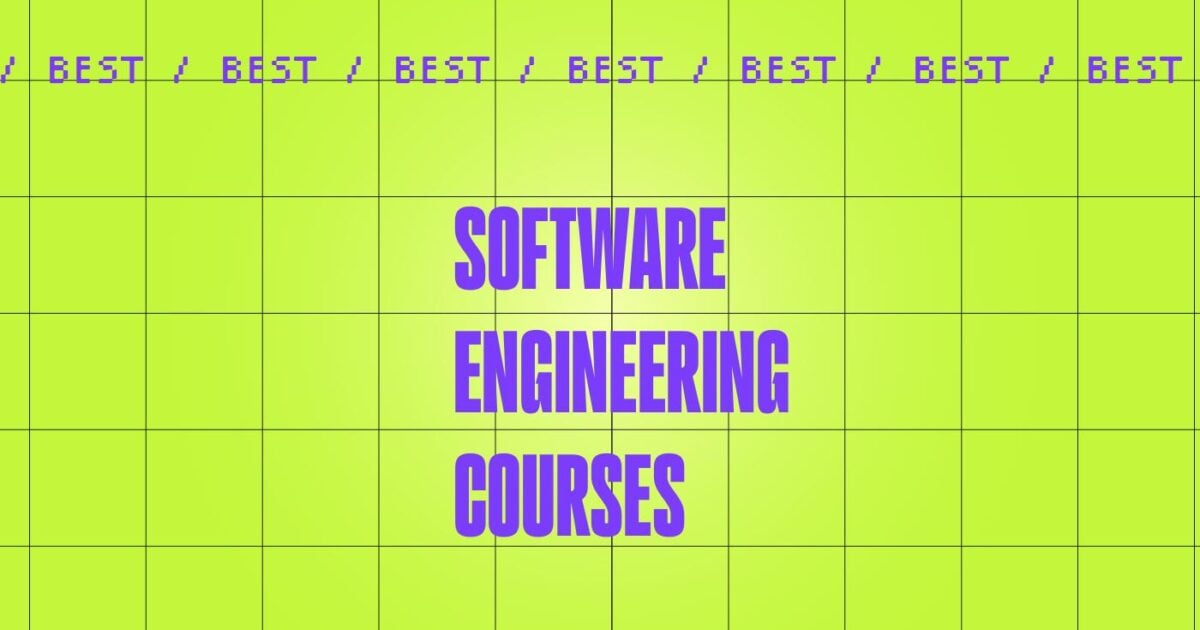All Categories
Featured
Table of Contents
My PhD was one of the most exhilirating and tiring time of my life. Instantly I was surrounded by individuals who can solve tough physics concerns, recognized quantum mechanics, and might develop interesting experiments that obtained published in leading journals. I seemed like an imposter the whole time. I fell in with a good team that motivated me to check out things at my very own speed, and I spent the following 7 years finding out a ton of things, the capstone of which was understanding/converting a molecular dynamics loss feature (including those painfully discovered analytic derivatives) from FORTRAN to C++, and composing a gradient descent routine straight out of Numerical Dishes.

I did a 3 year postdoc with little to no equipment understanding, just domain-specific biology stuff that I really did not discover interesting, and ultimately managed to obtain a job as a computer system scientist at a national laboratory. It was a great pivot- I was a principle investigator, suggesting I might use for my very own gives, create papers, and so on, yet really did not need to educate courses.
Rumored Buzz on How I Went From Software Development To Machine ...
Yet I still really did not "obtain" device discovering and desired to function someplace that did ML. I attempted to obtain a job as a SWE at google- experienced the ringer of all the difficult concerns, and inevitably obtained denied at the last step (many thanks, Larry Web page) and went to work for a biotech for a year before I lastly procured employed at Google throughout the "post-IPO, Google-classic" era, around 2007.
When I reached Google I rapidly checked out all the tasks doing ML and found that than advertisements, there really had not been a whole lot. There was rephil, and SETI, and SmartASS, none of which appeared also from another location like the ML I wanted (deep neural networks). I went and concentrated on other stuff- learning the dispersed technology below Borg and Giant, and understanding the google3 pile and production settings, generally from an SRE viewpoint.

All that time I would certainly invested in artificial intelligence and computer system facilities ... went to creating systems that filled 80GB hash tables into memory so a mapper might compute a tiny component of some gradient for some variable. Regrettably sibyl was actually a horrible system and I got begun the group for informing the leader the proper way to do DL was deep neural networks over efficiency computer equipment, not mapreduce on low-cost linux cluster devices.
We had the data, the algorithms, and the compute, simultaneously. And also much better, you didn't need to be within google to make the most of it (except the huge data, and that was altering quickly). I recognize enough of the math, and the infra to ultimately be an ML Designer.
They are under extreme stress to get results a couple of percent much better than their collaborators, and afterwards when published, pivot to the next-next point. Thats when I created among my regulations: "The absolute best ML versions are distilled from postdoc splits". I saw a few people damage down and leave the industry permanently simply from dealing with super-stressful tasks where they did magnum opus, yet only reached parity with a competitor.
Charlatan syndrome drove me to overcome my charlatan disorder, and in doing so, along the way, I discovered what I was chasing was not really what made me happy. I'm much a lot more satisfied puttering concerning using 5-year-old ML technology like item detectors to enhance my microscope's ability to track tardigrades, than I am trying to come to be a well-known researcher who unblocked the hard problems of biology.
Fascination About Master's Study Tracks - Duke Electrical & Computer ...

I was interested in Equipment Knowing and AI in university, I never had the chance or persistence to seek that interest. Now, when the ML area expanded greatly in 2023, with the most current developments in huge language models, I have a dreadful hoping for the roadway not taken.
Partly this crazy concept was also partially influenced by Scott Young's ted talk video labelled:. Scott speaks about exactly how he ended up a computer scientific research degree simply by complying with MIT curriculums and self examining. After. which he was also able to land a beginning position. I Googled around for self-taught ML Designers.
At this factor, I am not certain whether it is possible to be a self-taught ML designer. I intend on taking courses from open-source training courses available online, such as MIT Open Courseware and Coursera.
About Machine Learning Engineer: A Highly Demanded Career ...
To be clear, my goal right here is not to construct the following groundbreaking model. I just wish to see if I can get an interview for a junior-level Device Understanding or Information Engineering work hereafter experiment. This is totally an experiment and I am not trying to shift right into a duty in ML.

I intend on journaling regarding it once a week and recording whatever that I research study. Another please note: I am not going back to square one. As I did my undergraduate degree in Computer Engineering, I recognize some of the principles required to pull this off. I have solid background expertise of single and multivariable calculus, linear algebra, and data, as I took these courses in school concerning a years back.
The Of Machine Learning Engineer Course
I am going to concentrate mostly on Maker Learning, Deep discovering, and Transformer Design. The objective is to speed run via these initial 3 training courses and get a strong understanding of the essentials.
Since you've seen the program recommendations, here's a quick guide for your learning machine discovering trip. First, we'll touch on the requirements for a lot of device finding out training courses. Much more advanced training courses will need the complying with knowledge before starting: Linear AlgebraProbabilityCalculusProgrammingThese are the general elements of being able to understand exactly how equipment discovering jobs under the hood.
The initial training course in this checklist, Artificial intelligence by Andrew Ng, contains refresher courses on the majority of the math you'll require, however it may be challenging to learn device knowing and Linear Algebra if you have not taken Linear Algebra prior to at the exact same time. If you require to clean up on the math called for, take a look at: I 'd advise discovering Python considering that the majority of great ML programs make use of Python.
Facts About Machine Learning Engineer Full Course - Restackio Uncovered
Furthermore, one more superb Python source is , which has several totally free Python lessons in their interactive web browser setting. After discovering the prerequisite fundamentals, you can begin to really recognize exactly how the formulas work. There's a base set of formulas in machine learning that everyone must know with and have experience making use of.

The courses provided above consist of basically every one of these with some variant. Understanding exactly how these techniques work and when to utilize them will certainly be vital when tackling brand-new tasks. After the fundamentals, some more innovative techniques to find out would be: EnsemblesBoostingNeural Networks and Deep LearningThis is simply a beginning, yet these algorithms are what you see in several of the most fascinating device finding out solutions, and they're functional enhancements to your tool kit.
Learning maker learning online is tough and very gratifying. It's vital to bear in mind that simply enjoying video clips and taking quizzes does not imply you're actually finding out the material. Go into keywords like "maker knowing" and "Twitter", or whatever else you're interested in, and struck the little "Create Alert" link on the left to get emails.
The Ultimate Guide To 7-step Guide To Become A Machine Learning Engineer In ...
Maker learning is incredibly enjoyable and exciting to learn and experiment with, and I hope you located a course above that fits your very own trip right into this amazing field. Machine understanding makes up one element of Data Scientific research.
Latest Posts
9 Software Engineer Interview Questions You Should Be Ready For
How To Ace The Faang Software Engineer Hiring Process From Start To Finish
How To Crack Faang Interviews – A Step-by-step Guide